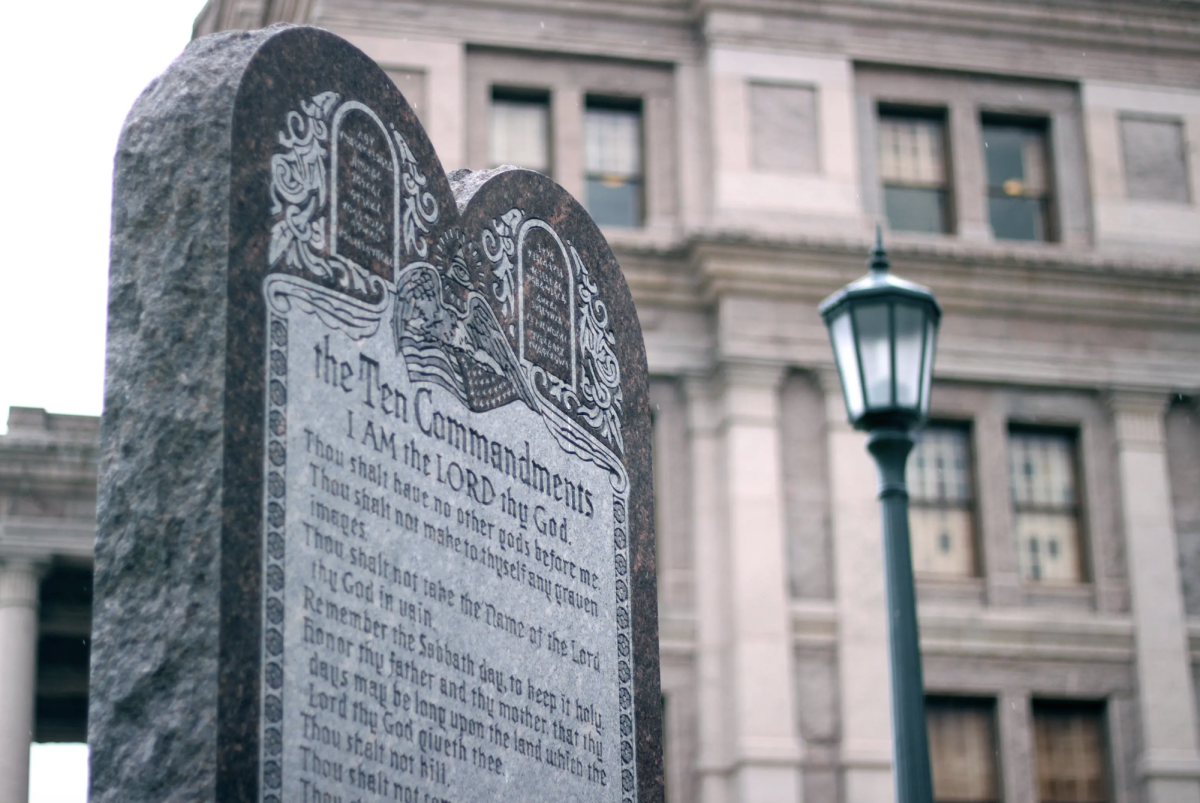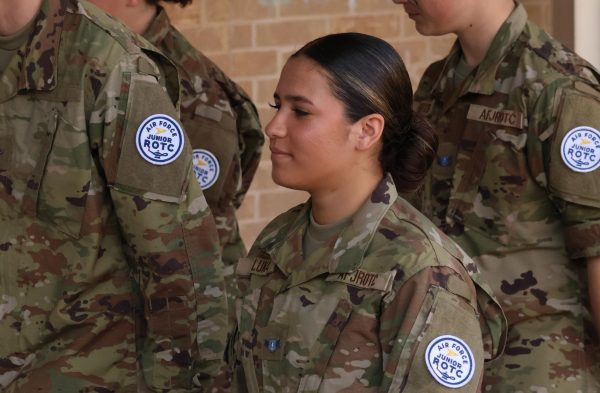Advice columns helpful not hurtful
The benefits of advice

A message on talking to friends
February 24, 2015
An advice column is an (often anonymous) reader that writes to a media outlet with a problem or situation in the form of a question, then said media outlet will provide the writer with an answer or advice. This tactic provides the same relief as talking, working through a problem to find a solution. And talking is a proven therapy to battle mental diseases and improve behavior and confidence in teens. Currently there is no advice column for the school. But there are so many reasons why having one would be beneficial.
Talking to another peer or an anonymous advice columnist can help reduce stress. Talking therapies also help with;
- depression
- anxiety
- an eating disorder
- a phobia
- an addiction
A HealthKids.org survey showed that most students would find help from their peers with problems then ask help from an adult. That there is a significant decrease in students who talk or participate in peer counseling . The same survey says that teen suicide rose 8% from 2003-2004 which is the highest annual rise in 15 years. The top five things that teens worry about are:
- Grades, school work, homework- 36%
- Family-32%
- Friends-21%
- Brothers and sisters-20%
- Mean or annoying people-20%
Advice columns answer and deal with all these issues and more, it offers advice and a safe place for teens or anyone to be anonymous and get the help they need. To help lower stress by talking, a key ingredient is having the availability for the person giving the advice to not already have a pre-existing idea of how the person needing help should think or feel about something, but instead, having someone who is a good listener and who is available to talk to regularly. Advice columns don’t just happen or deal with one persons letter, they answer emails and letters to as many people they can. Many of them have blogs set up so their readers can talk to them regularly.
Peer mentoring is an option many schools are taking to help with attendance rates and with behavioral issues. Researchers from the Everyone Graduates Center at the Johns Hopkins University found that students who were a part of the Peer Group Connection or in other teacher run programs, showed greater attendance in school. All the research is out there that peer mentoring and talking and communicating about problems is helpful to teens.
So a peer run advice column isn’t outside the realm of possibilities as a way to reach the students who need someone who they feel is on their side to talk to. The school district is worried about peers giving peers advice but that is already happening. So why not make it into something that can be official, teachers picking out those who they feel are leaders and can help others work through issues; provide a forum for other teens to see that they aren’t the only ones suffering from the same problem.







